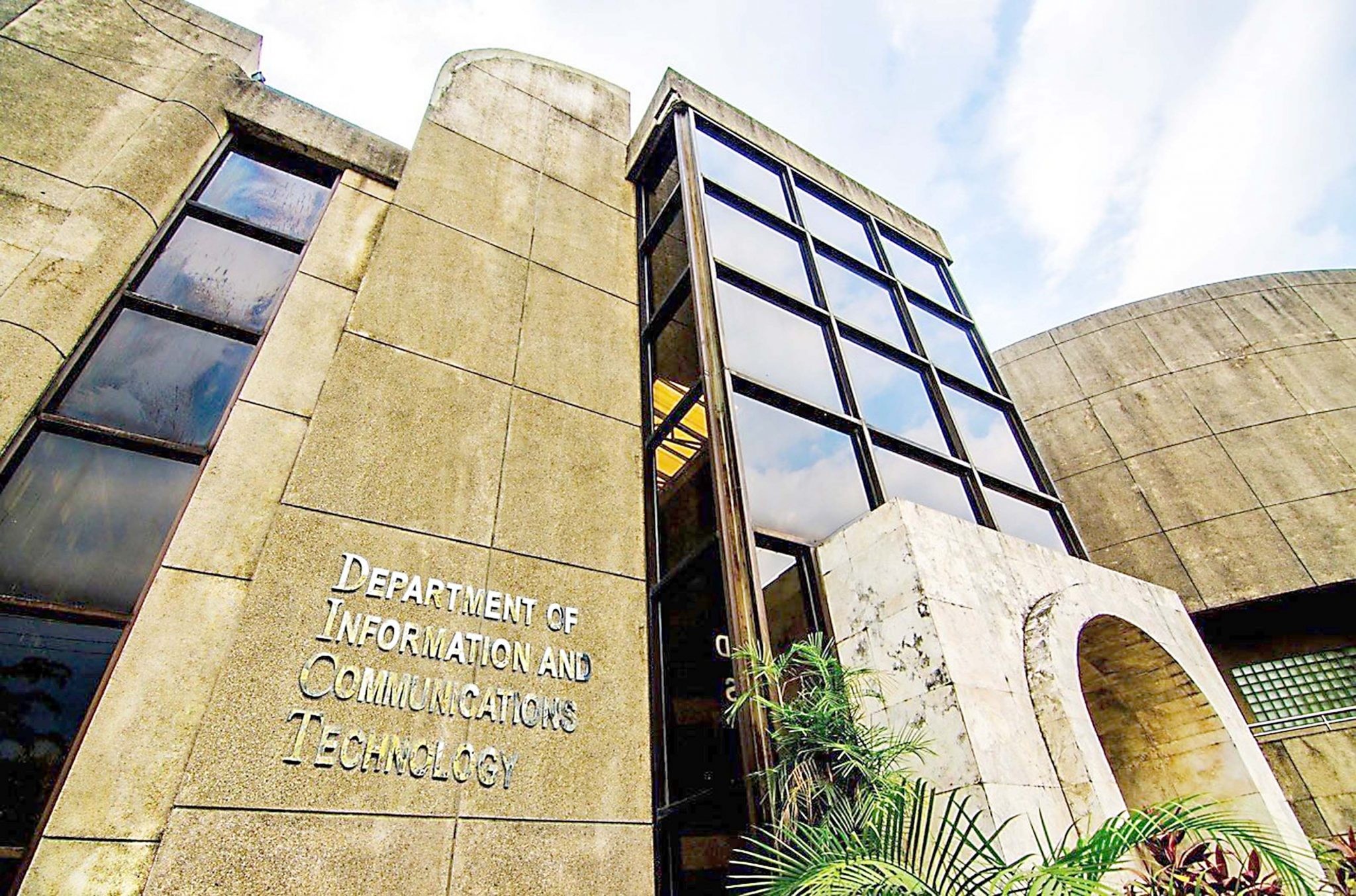
The EU Delegation to the Philippines urged intellectual property offices in Southeast Asia to re-assess their roles in helping economies and businesses survive, and remain resilient by persisting to be innovative and competitive amid the COVID-19 pandemic.
Despite calls from trade regulatory bodies for local and foreign investors to take advantage of new measures designed by the government to make investment in Philippines’ information and communication communications technology (ICT) infrastructure, the European and Chamber of Commerce of the Philippines (ECCP) emphasizes its call for the establishment of regulatory frameworks that would ensure greater predictability and foster innovation, in order for businesses to survive to the current world health crisis.
In an interview, ECCP president Francis Nabil stressed that in order for business to thrive at this time of the pandemic, businesses must embrace innovation, deemed to be instrumental before this health crisis affected the country and the rest of the world.
“Innovation has become even more essential now. The coronavirus pandemic prompted most European businesses in the Philippines to adapt/innovate as well as reconfigure their operations. And we recognize the crucial role that intellectual property plays in this regard, as it helps safeguard companies’ assets and foster innovations,” he said.
But in doing so, Francis emphasized that EU business strongly backs establishment of Philippine structures that would support businesses towards digitalization.
“We support the establishment of Philippine regulatory frameworks that will ensure greater predictability and foster innovation, creativity, and production of high-quality goods, provision for the direct protection of geographical indications for agricultural products to boost rural development and trade, and decrease counterfeiting and piracy via enforcement measures including border measures,” Francis told the Daily Tribune.
In a statement Thursday, the EU Delegation to the Philippines Trade Counsellor Maurizio Cellini urged intellectual property offices (IPO) in Southeast Asia to re-assess their roles in helping economies and businesses survive, and remain resilient by persisting to be innovative and competitive amid the COVID-19 pandemic.
Valued by the EU as its trading partner, the Philippines benefited from the union through bilateral trade in goods at €14.9 billion in 2019, while bilateral services were placed at €3.7 billion in 2018.
While the EU foreign direct investment stock in the Philippines reached €13.8 billion in the same year, making the EU the largest foreign investor in the Philippines.
In a related development, government-run Land Bank of the Philippines (LandBank) is set to issue its first-ever Sustainability Bonds offer to fund environmental and social projects.
Landbank is looking to tap and access the capital markets to raise at least P3 Billion from the peso-denominated fixed-rate bond offering with a two-year tenor.
Due in 2024, the bonds will be issued in minimum denominations of P50,000 and in multiples of P10,000 thereafter, it explained.
Interest rate is expected to be set on 23 October while offer period is scheduled from 26 October to 6 November 6, 2020.
Standard Chartered Bank (SCB) will be the sole lead arranger and bookrunner, while both LandBank and SCB will be selling agents.
“With the pandemic posing both as a pressing challenge and opportunity, it strengthens LandBank’s commitment all the more, with a sharpened focus in supporting sectors and activities for sustainable recovery,” earlier said LandBank president and CEO Cecilia C. Borromeo in her speech during the Sustainability Bonds virtual investors’ briefing.
According to Borromeo, LandBank will utilize the proceeds from the issuance to finance various loan programs that support sustainable projects such as green and social projects, as identified under its Sustainable Finance Framework — the bank’s blueprint for developing sustainable financing instruments.
Green Projects include those that contribute to environmental objectives such as climate change mitigation and adaptation, natural resource and biodiversity conservation and pollution prevention and control, among others.
By Raffy Ayeng
Source: The Daily Tribune